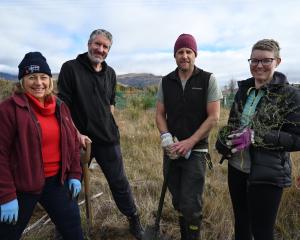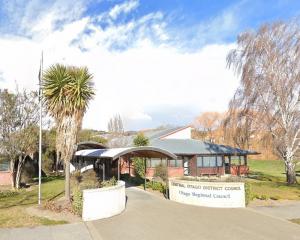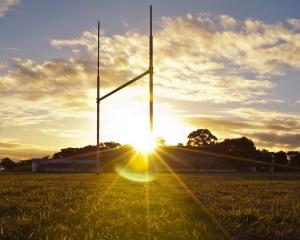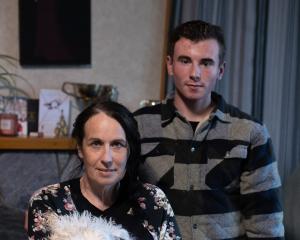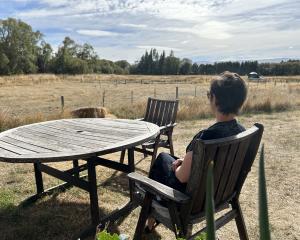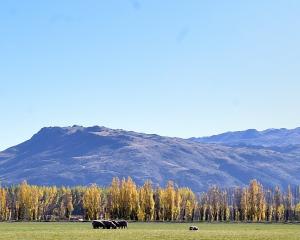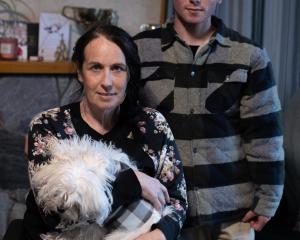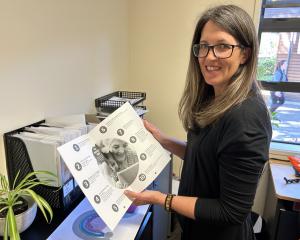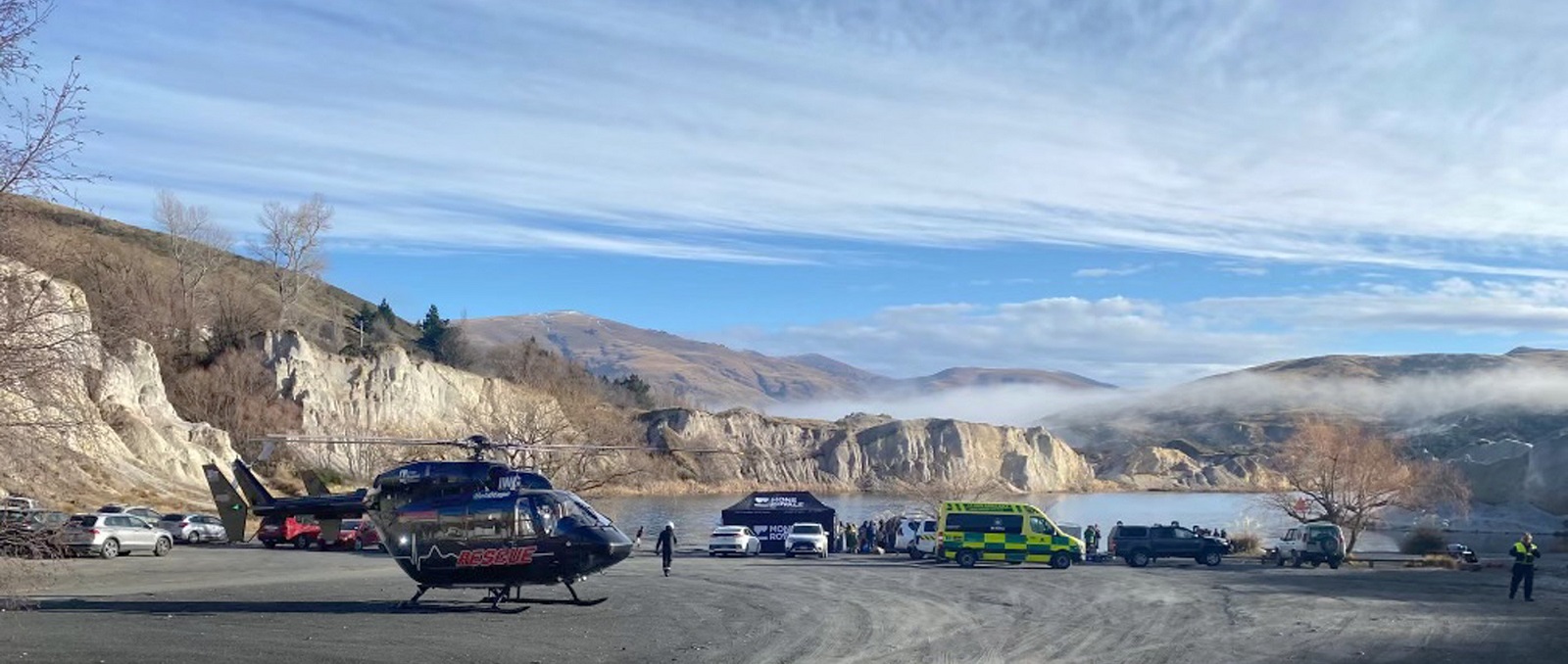
The competitor, a middle-aged Northland woman was new to ice swimming but was a competent swimmer in general and had already completed two races earlier in the tournament.
Monday was the last day of the International Ice Swimming New Zealand Championships after it launched last Friday and ran over the weekend in the small Otago town of St Bathans.
The tournament saw contestants swim a variety of races between 250m and 1000m freestyle in the ice-cold waters of Blue Lake.
During the mile swim, the woman appeared to be struggling in the water and was pulled out by an IRB crew assigned to observe each contestant.
Event organiser Susan Sherwen said the swimmer initially looked "really good" in the race and after she was pulled out, the medical crew didn’t immediately expect further complications.
The woman was taken to a medical tent where two paramedics and doctors observed her.
"These guys are experts, so they were watching her all the time and she looked like she needed further medical attention that we couldn’t provide," she said.
"So, it was about getting the helicopter there and getting her to the hospital quick as."
St John told the Herald they were made aware of the race incident around 10am and a helicopter was part of their response.
Sherwen said "everything was stopped" while ambulance crews tended to the woman, she was taken to Dunedin Hospital and treated for hypothermia.
Fortunately, Sherwen said, the woman has since been released from hospital care and returned to her native Northland where she’s likely to see a doctor and spend "a little bit longer" recovering from the swim than some of her fellow racers.
"Over half of [the racers] are new to ice swimming but did lots of preparation to prepare themselves," she said.
"[The woman] will be absolutely knackered for a few days, even with a good recovery doing ice swimming it does take it out of your system, but I talked to her yesterday - she’s sounding really positive and wants to come back to do it again next year."
The tournament resumed after emergency services left the lake, Sherwen said medics felt there was no reason not to continue and the swimmers echoed that belief.
"The resounding thing was ‘we feel safe here, we’ve seen the process and feel looked after’, so six more raced after that."
Competitors are required to get their doctor’s sign-off to take part in the challenge and follow a strict medical procedure to ensure they’re eligible on the day of the race, Sherwen said.
Racers were given a mini-medical at the start of the competition by onsite medical staff to ensure their safety.
The St Bathans tournament saw 39 swimmers complete 91 swims in total with the water temperature at just under 4.9C. She said the event’s safety processes were proven to be "really good".
"Normally we expect people just to recover, but there’s always that chance - as you get hypothermic your brain gets foggy and it’s common for people to breathe in water, or not breathe at the right time," she said.
"Much praise to our medical team who handled the situation so calmly and effectively."
Ice swimming is growing in popularity in New Zealand with competitors placing eighth out of 40 countries earlier this year in the international ice swim championships.
The New Zealand tournament will be in Alexandra next year where another international team will be selected.

